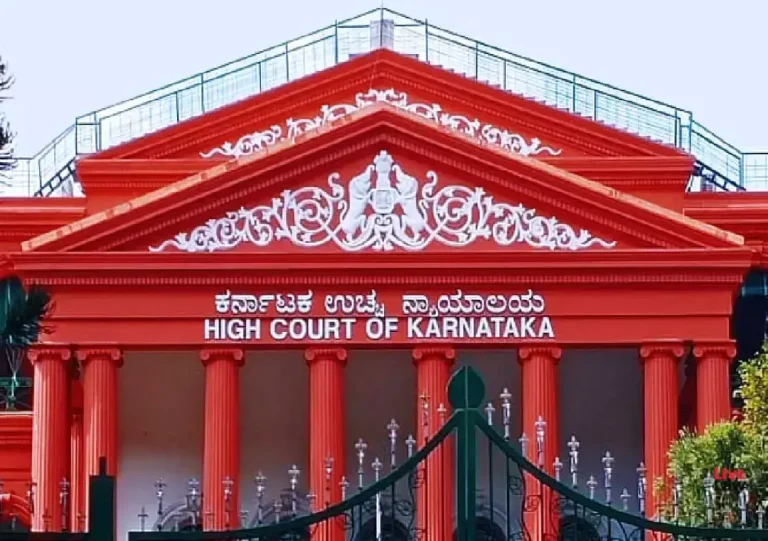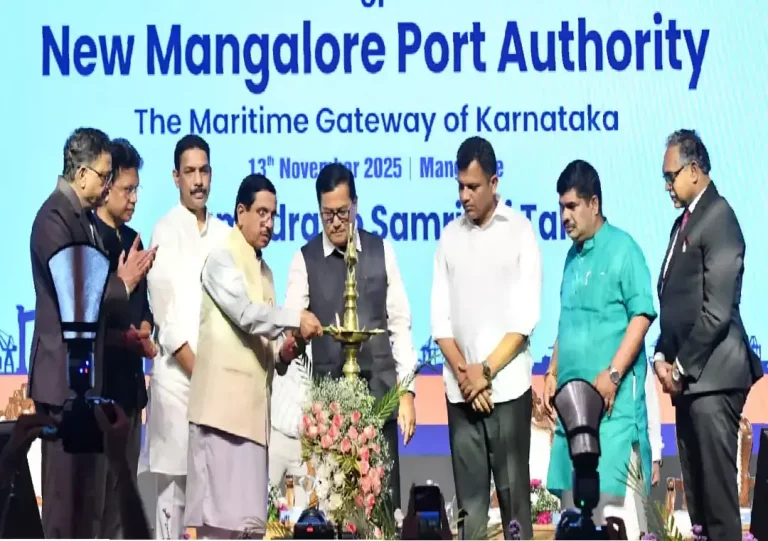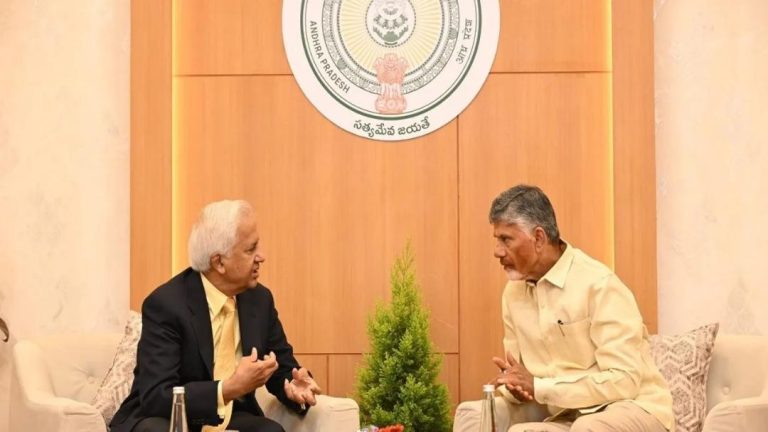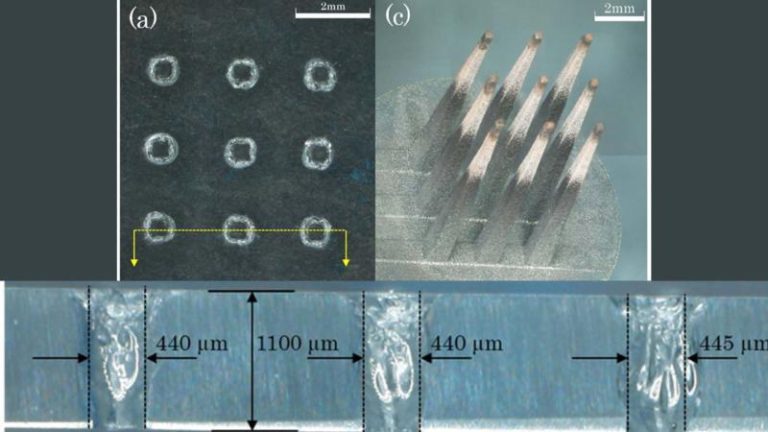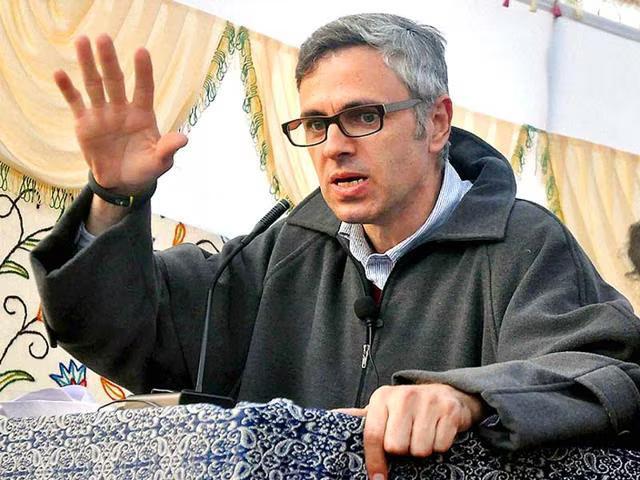
US Doesn’t Care About Any Other Country: J&K CM Omar Abdullah after Trump-Pak Army Chief Lunch
The world witnessed a significant development when US President Donald Trump hosted Pakistan Army Chief General Asim Munir for lunch at the White House. The move has sparked a wave of reactions, with many questioning the implications of this meeting. One of the prominent voices to react is Jammu and Kashmir Chief Minister Omar Abdullah, who has expressed his disappointment and frustration over the US President’s decision.
In an interview, Omar Abdullah stated that while the US President has the right to invite whoever he wants for dinner, the fact that he chose to host the Pakistan Army Chief sends a wrong message. “We can’t dictate to the US President whom he should invite for dinner… We used to think the US President was our close friend, and he’d respect that, but the US does what benefits them, they don’t care about any other country,” he said.
Abdullah’s reaction is not surprising given the strained relations between India and Pakistan, particularly with regards to Kashmir. The Pakistan Army has been accused of supporting terrorist groups and fuelling unrest in the region, while India has been demanding action against these groups. The US President’s decision to host the Pakistan Army Chief has been seen as a clear signal that the US is not willing to take a strong stance against Pakistan’s actions.
Omar Abdullah’s frustration with the US President’s decision is rooted in India’s historical relationship with the United States. India has traditionally been seen as a close ally of the US, and there have been numerous instances of cooperation between the two countries in areas such as defense, trade, and technology. However, in recent years, India has been growing increasingly concerned about the US’s willingness to engage with Pakistan and turn a blind eye to its actions.
This sentiment has been echoed by many in India, who feel that the US is prioritizing its own interests over its relationships with other countries. The decision to host the Pakistan Army Chief for lunch is seen as a clear example of this prioritization. The US has been accused of using Pakistan as a means to achieve its goals in Afghanistan, and the meeting between Trump and Munir has been seen as a way of strengthening this relationship.
While the US President’s decision may have sent a wrong message to India, it is also important to acknowledge that the US has its own interests and priorities. The US has been engaged in a complex game of diplomacy in the region, with many competing interests at play. The decision to host the Pakistan Army Chief for lunch may have been motivated by a desire to strengthen ties with Pakistan and promote peace in the region.
However, the impact of this decision cannot be ignored. The meeting between Trump and Munir has sent a message to Pakistan that the US is willing to engage with it and recognize its importance in the region. This may embolden Pakistan to continue its support for terrorist groups and undermine India’s efforts to promote peace and stability in the region.
Omar Abdullah’s reaction is a reminder that the US’s actions have significant implications for other countries. While the US President has the right to invite whoever he wants for dinner, the decision to host the Pakistan Army Chief for lunch has sent a message that the US is willing to prioritize its own interests over its relationships with other countries. This is a message that India and other countries will not forget, and it may have significant implications for the future of US-India relations.
In conclusion, the meeting between US President Donald Trump and Pakistan Army Chief General Asim Munir has sparked a wave of reactions, with many questioning the implications of this meeting. Jammu and Kashmir Chief Minister Omar Abdullah has expressed his disappointment and frustration over the US President’s decision, stating that the US does not care about any other country. While the US President has the right to invite whoever he wants for dinner, the decision to host the Pakistan Army Chief for lunch has sent a message that the US is willing to prioritize its own interests over its relationships with other countries.
